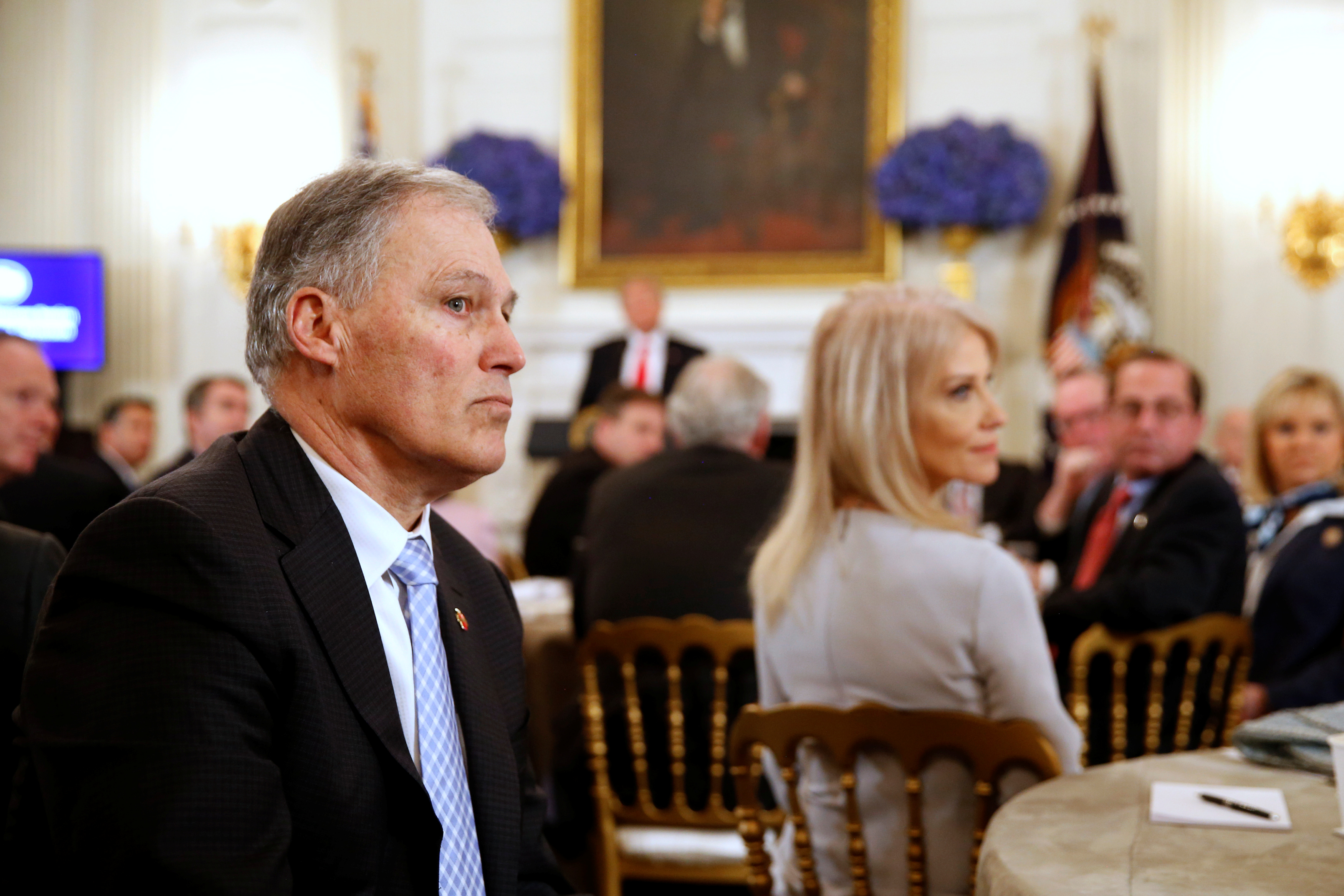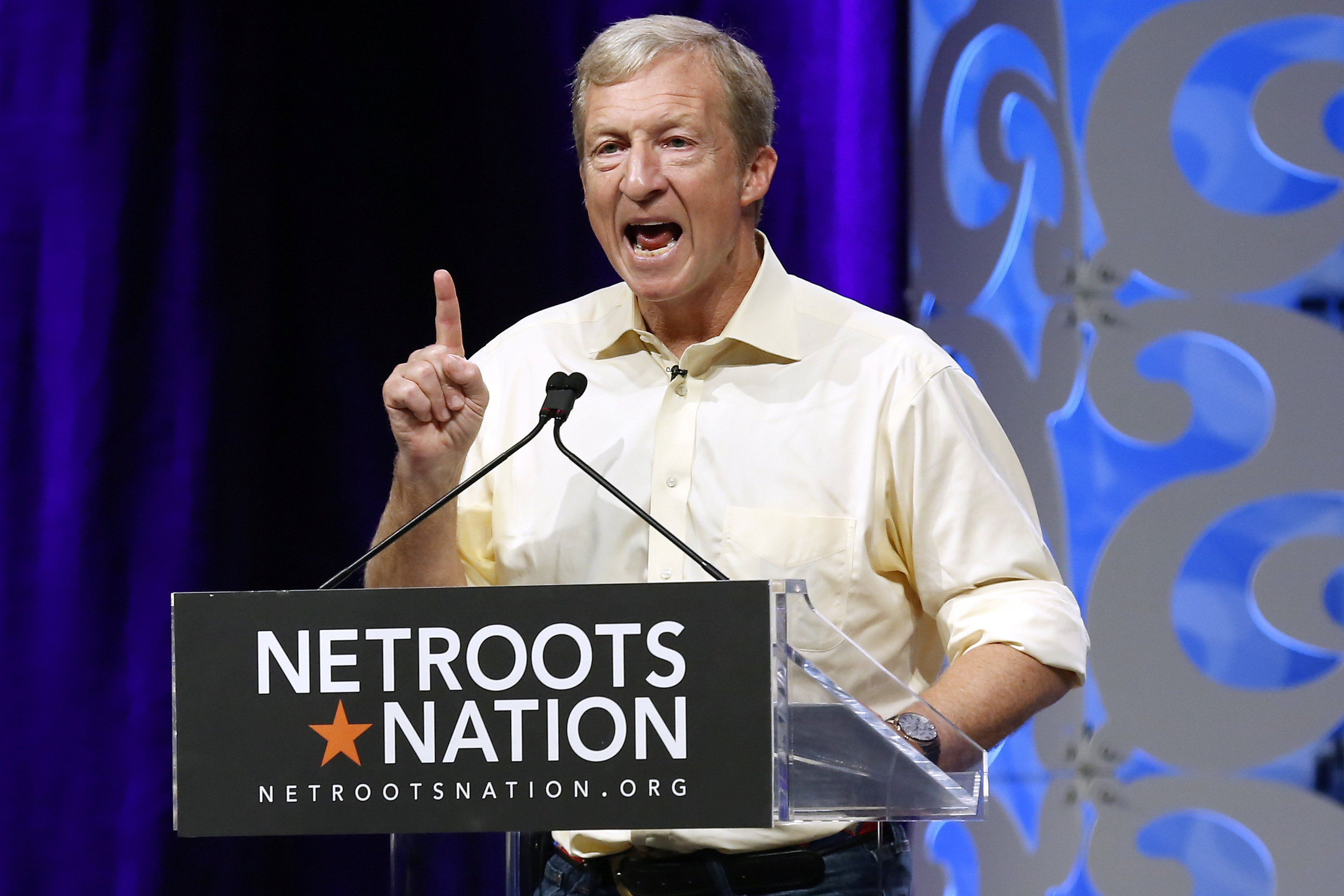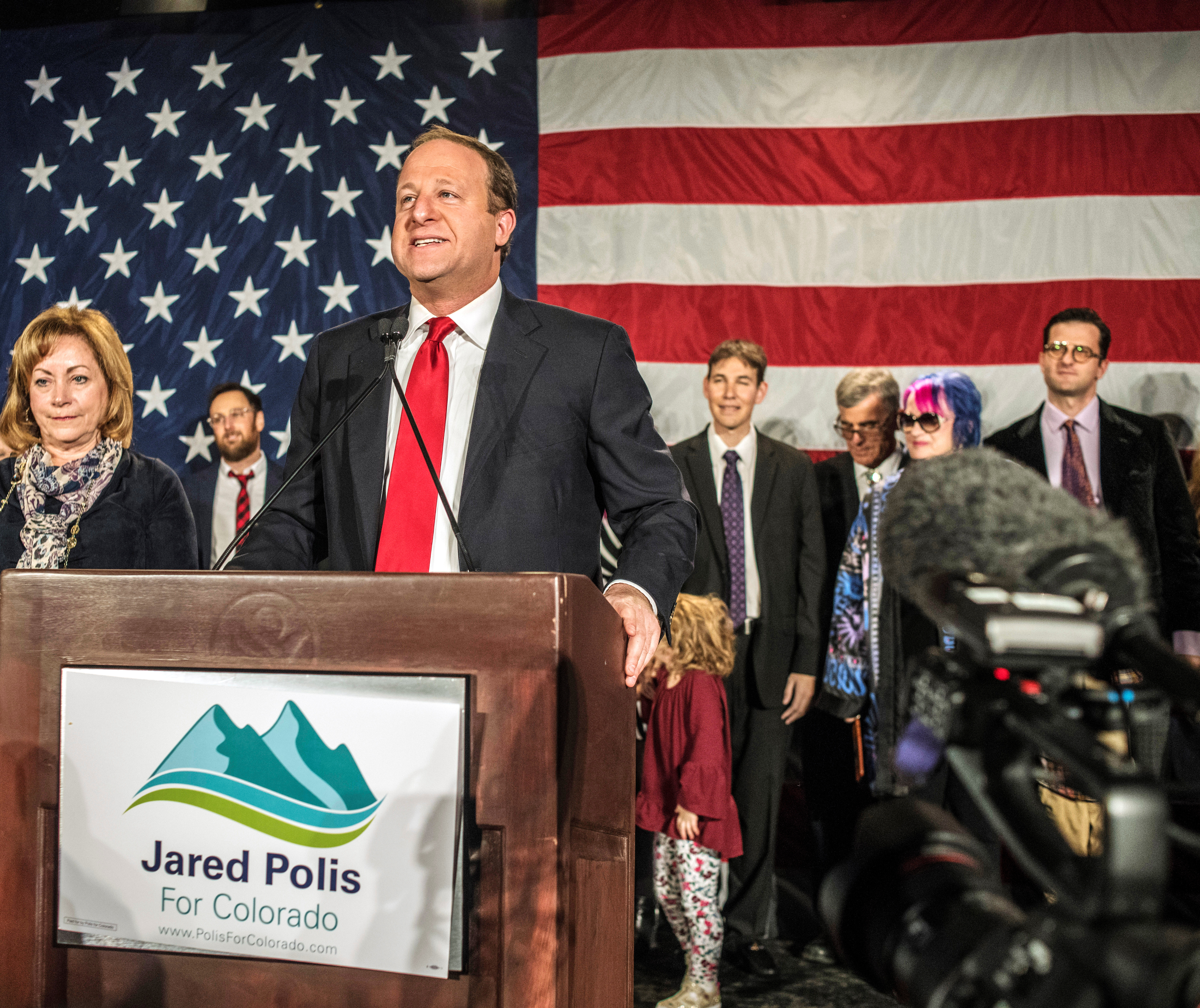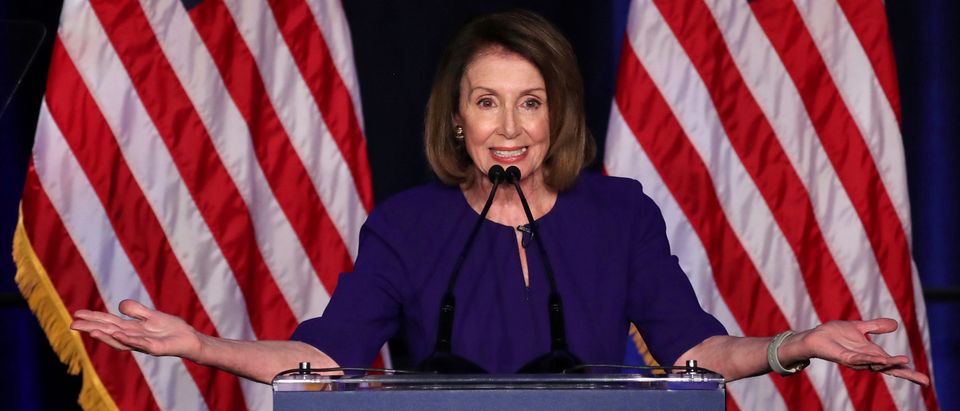- Voters in Arizona, Colorado and Washington rejected global warming-related ballot measures.
- Nevada voters approved a campaign to raise their green energy mandate, which was backed by a billionaire Democrat.
- There was no “green wave” this election, and environmentalists are already blaming the oil industry.
Not only did a Democratic “blue wave” fail to materialize on Tuesday night, the “green wave” of major global warming and energy-related ballot measures largely failed to get voter approval as well.
Voters in Arizona, Colorado and Washington rejected measures aimed at fighting global warming, despite two of those states being in Democratic hands. (RELATED: Climate Caucus Republicans Suffer A String Of Election Defeats, Including Their Pro-Carbon Tax Leader)
The “Green New Deal” in Washington state went down in flames, with voters overwhelmingly rejecting a state ballot measure to tax carbon dioxide emissions, despite its support from Democratic Gov. Jay Inslee.
Washingtonians voted against the carbon tax initiative 56 percent to 43 percent, according to state election officials.
“The voters have spoken,” Tom Pyle, president of the free market American Energy Alliance, said in an emailed statement.
“It’s time to listen to them and focus on policies that expand the availability, affordability, and reliability of energy, rather than on policies that makes energy more scarce, more expensive, and less reliable,” said Pyle, a former Trump transition team leader opposed to carbon taxes.

Washington State Governor Jay Inslee (L) listens to participants as U.S. President Donald Trump holds a discussion about school shootings with state governors from around the country at the White House in Washington, U.S. February 26, 2018. REUTERS/Jonathan Ernst.
Environmentalists argue the oil industry’s $30 million cash influx into the ballot measure campaign tipped the scales, compared to the more than $15 million spent by carbon tax supporters.
“Democrats did not quite get the blue wave they wanted, but it was even worse for environmentalists,” The New Republic’s Emily Atkin wrote on Wednesday, before blaming, in part, spending by energy producers. “There was no green wave whatsoever.”
However, Washington voters rejected a similar carbon tax measure in 2016, and Inslee was forced to admit defeat earlier this year trying to pass a carbon tax through the state legislature.
In Arizona, voters rejected liberal billionaire Tom Steyer’s campaign to increase Arizona’s green energy mandate from 15 percent by 2025 to 50 percent by 2030. Steyer’s campaign group, NextGen Climate Action, spent about $23 million backing the ballot measure.
Utility groups, including the owner of the state’s largest utility, spent nearly $31 million opposing Steyer’s effort. Nearly 70 percent of voters rejected the ballot measure, with only about 30 percent supporting it.

Tom Steyer speaks at the Netroots Nation annual conference for political progressives in New Orleans, Louisiana, U.S. August 2, 2018. REUTERS/Jonathan Bachman.
Steyer, however, was successful in getting Nevada voters to support a similar measure that was on the ballot in Arizona. Nevadans voted nearly 59 percent to 41 percent to increase the state’s green energy mandate to 50 percent by 2030.
NextGen pumped more than $10 million into the ballot campaign, but there was no group registered opposing the ballot — the group the Coalition of Energy Users did work against the green mandate increase, but its spending was not registered on Ballotpedia.
Environmentalists also saw voters overwhelmingly reject a measure that would have effectively banned new hydraulic fracturing operations in most of the state. Voters rejected the measure nearly 57 percent to 43 percent.
In that campaign, the oil and gas industry led opposition forces in spending more than $30 million to defeat the anti-fracking initiative, which would have required a 2,500-foot buffer between drilling and “vulnerable” areas.

Democratic gubernatorial candidate Jared Polis speaks at his midterm election night party in Denver, Colorado U.S. November 6, 2018. REUTERS/Evan Semon.
Environmentalists only spent about $1.2 million in support of the anti-fracking measure, but the spending failure could stem from the fact Democrats were divided on the issue. Prominent Democrats, including former Interior Secretary Ken Salazar and former Colorado Gov. Bill Ritter, opposed the de facto fracking ban.
“Proposition 112 would have hurt more than just the natural gas and oil industry, as seventy-seven percent of the 43,000 jobs it would have eliminated in year one would have come from outside the energy sector,” said Colorado Petroleum Council executive director Tracee Bentley in a statement.
Follow Michael on Facebook and Twitter
All content created by the Daily Caller News Foundation, an independent and nonpartisan newswire service, is available without charge to any legitimate news publisher that can provide a large audience. All republished articles must include our logo, our reporter’s byline and their DCNF affiliation. For any questions about our guidelines or partnering with us, please contact licensing@dailycallernewsfoundation.org.


